Social Issues addressed by Sumitomo —Compass for the Future—
Contributing to carbon neutrality through collaboration with partners, leveraging the power of chemistry
 Climate Change
Climate Change Decarbonization
DecarbonizationSumitomo Seika’s main businesses are super-absorbent polymers, electronic materials and other related materials used in the environmental and energy fields as well as for consumer and pharmaceutical products. Its corporate mission is to contribute to the advancement of society by developing world class creative technologies in the field of chemistry and, based thereon, supplying unique, high quality products to people around the world. As expressed by its Purpose Statement, “We will solve issues facing the earth and people’s lives through Sumitomo Seika’s ‘Chemistry’,” the company is committed to cultivating a corporate culture that predisposes employees to pool their energy and expertise as they eagerly work together to tackle new challenges.

Sumitomo Seika’s “Chemistry” means creating something new by fusing various existing products or technologies centering on its core technological competencies—controlled polymerization; fine organic synthesis; emulsification; gas refining, separation, and mixing; controlled crosslinking; microanalysis; and micronization—whose unique attributes offer distinctive advantages. Figuratively, it refers to Sumitomo Seika’s corporate culture that facilitates employees’ collaborative endeavors to create new value.
In the medium-term business plan covering the three years to fiscal 2025, “Boost Sustainability Initiatives” is one of the priorities. The company is promoting sustainability management that involves a concerted effort to enhance sustainability of the business by continuously working to protect the global environment and tackling the issues confronting society through its business activities.
AQUA KEEP, super-absorbent polymer, which is Sumitomo Seika’s main product, has functions to absorb and retain water several hundred times its own weight. Capitalizing on the key feature that its absorption performance can be flexibly controlled in accordance with the application, AQUA KEEP is used for disposable diapers, pet sheets, and various other hygiene products as well as for industrial products such as water blocking tapes applied to power and optical cables.
On the other hand, petroleum-derived raw materials are used in most Sumitomo Seika products, resulting in considerable CO2 emissions in manufacturing processes. Addressing the issue of climate change, Sumitomo Seika has set itself these targets: reduce the Group’s greenhouse gas (GHG) emissions in Japan by 46% or more by 2030 compared with 2013 and achieve carbon neutrality by 2050. The company is promoting carbon neutrality based on three policies: (1) reducing its own GHG emissions, (2) providing low-GHG-emission products and environmentally friendly products, and (3) contributing to realization of a carbon-circulating society.
Sumitomo Seika seeks to reduce the Group’s GHG emissions by reducing energy consumption (Scopes 1 and 2) in manufacturing processes. In the course of a thorough review of manufacturing processes, the company is promoting the introduction of energy-saving equipment and a transition to renewable energy in an effort to reduce direct and indirect emissions of GHGs attributable to its manufacturing operations.
Furthermore, Sumitomo Seika is in the process of calculating GHG emissions across the supply chain (Scope 3) related to its business activities. Procurement of raw materials (Category 1: Purchased goods and services) accounts for the majority of GHG emissions attributable to super-absorbent polymers throughout their product lifecycles. Recovering used disposable diapers and other products made with super-absorbent polymers and recycling them will help reduce both the use of raw materials and GHG emissions. Therefore, Sumitomo Seika will promote recovery of used products in cooperation with disposable diaper manufacturers and development of recycling technologies for super-absorbent polymers.
To realize a carbon-circulating society, Sumitomo Seika is also focusing on technological innovation to recover, use, and fix GHGs. The company has developed gas separation technology based on the pressure swing adsorption (PSA) method, which utilizes differences in the adsorption characteristics of various gases to separate and refine specific gases, and plans to commercialize this technology.
Working with partners in the steel industry, Sumitomo Seika has been accumulating expertise and achievements in high-concentration CO2 recovery using PSA technology. The company is endeavoring to apply this technology to the separation and recovery of low-concentration CO2 contained in combustion exhaust gases from boilers etc. and has demonstrated the technology at its plants. Recognizing the huge unmet demand for CO2 recovery across a range of industries, Sumitomo Seika intends to contribute in the environmental and energy fields through the practical implementation of CO2 recovery technology that will be of great benefit to society.
Sumitomo Seika will celebrate its 80th anniversary in 2024. Having started as a manufacturer and seller of fertilizers, the company has capitalized on its technological foundation by pursuing R&D in the chemical field. Though the company’s business has changed in line with the needs of the era, one constant has been the role of chemistry as the company’s powerful growth driver. Mindful of the pressing need for carbon neutrality throughout society, Sumitomo Seika is committed to deploying the power of “Chemistry” to help achieve this overarching goal.


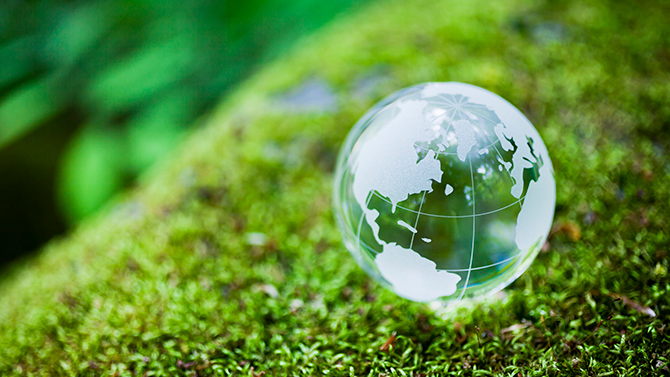
Read about initiatives to achieve a low-carbon society, aiming at net-zero greenhouse gas emissions since these emissions are implicated in global warming.
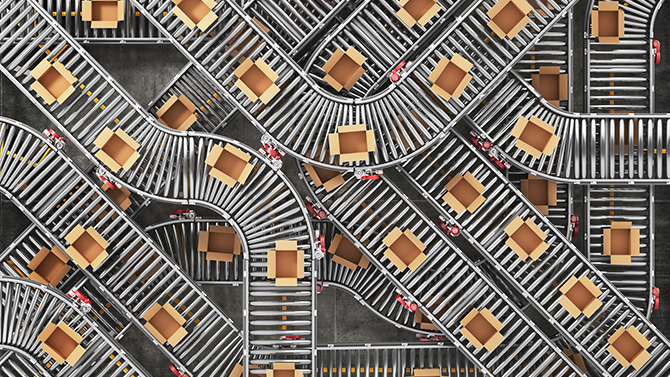
In view of ongoing globalization and the growing complexity of supply chains, companies need to respond appropriately to issues in supply chains.

The pace of workstyle reform is accelerating as the COVID-19 pandemic has prompted numerous companies to embrace novel ways of working.

For companies, the COVID-19 pandemic has brought the crucial importance of employee health into sharp focus.
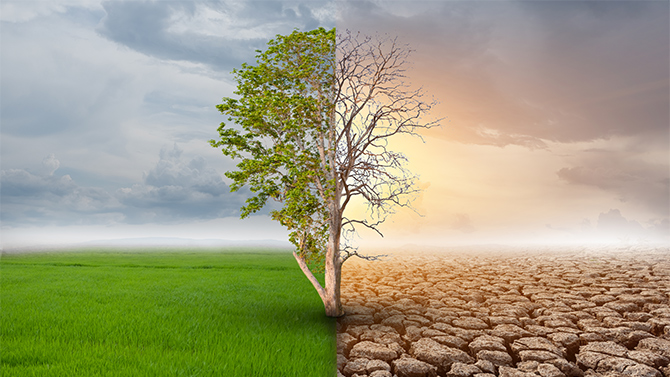
Accelerating global warming poses serious business risks. Accordingly, companies need to formulate strategies and implement specific countermeasures from a medium- to long-term perspective.
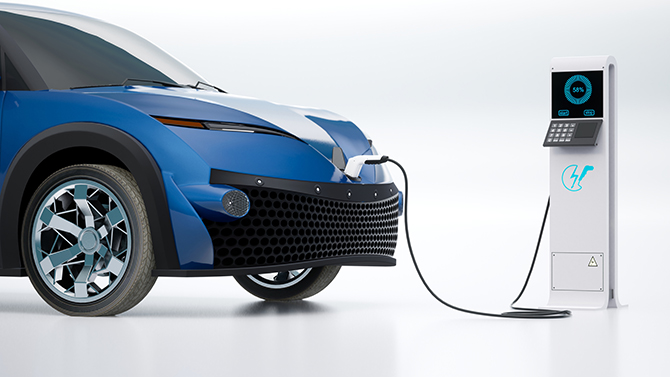
Spurred by efforts to reduce environmental impacts and in line with increasing social needs, replacement of gasoline-powered vehicles with electric vehicles is accelerating.

Vigorous initiatives are afoot to tackle social issues by revitalizing communities and the interpersonal relationships that bind them together.

Poverty persists in contemporary Japan and the existence of child poverty is a grave concern.
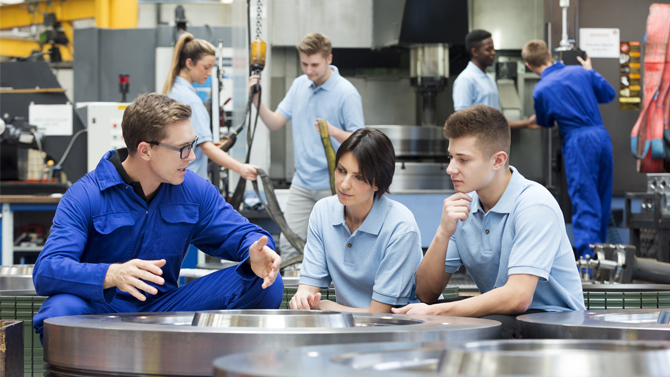
In view of the continuing decline of Japan’s working age population, due to population aging coupled with a low birthrate, development of the next generation is an urgent issue.
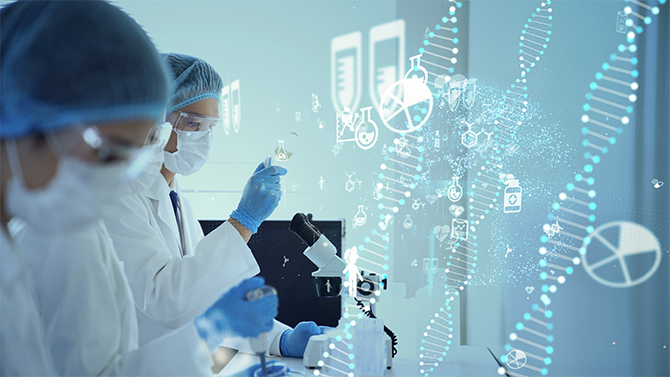
The rapid progress in medicine in recent years is largely due to the efforts of not only universities and other research institutions but also of companies to develop cutting-edge technologies.

Numerous initiatives to promote industry and commerce at the regional and community level are underway, involving the use of renewable energy and thus contributing to decarbonization.

One-third of food produced is lost or wasted globally, amounting to about 1.3 billion tons per year. Food loss and waste is a pressing issue in need of a solution.

Companies are addressing a wide range of issues so that people and companies can coexist in harmony with the global environment.

In addition to natural disasters, there are various types of hazards whose nature, incidence and severity are changing with the times. Resilience and flexibility are indispensable in dealing with them.
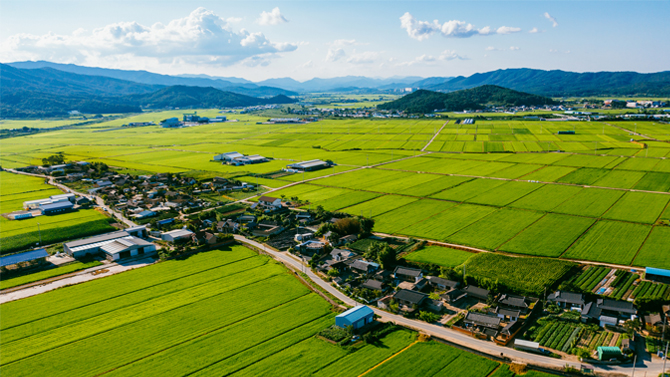
Read about initiatives to achieve sustainable regional revitalization. The attributes and resources that each region can offer are leveraged to strengthen local economies and overcome the problem of population decline.